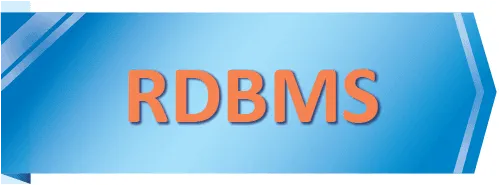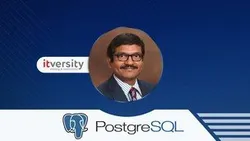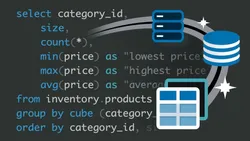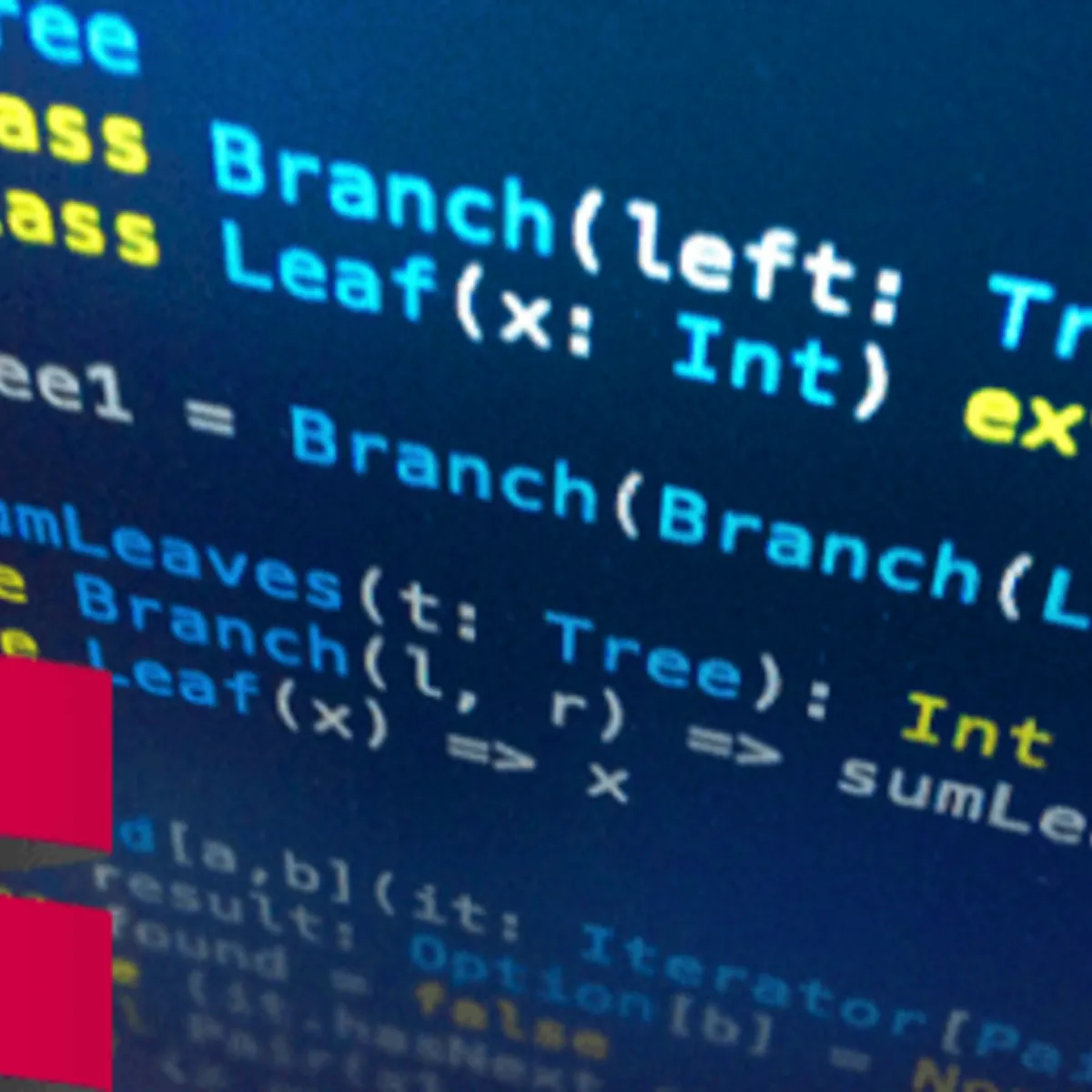
Django For Everybody - Full Python University Course 
This comprehensive course introduces students to the Python Django web development framework. With Django For Everybody, learners of all levels can gain the skills necessary to create dynamic web applications. ▼
ADVERTISEMENT
Course Feature
![]() Cost:
Cost:
Free
![]() Provider:
Provider:
freeCodeCamp
![]() Certificate:
Certificate:
Paid Certification
![]() Language:
Language:
English
![]() Start Date:
Start Date:
On-Demand
Course Overview
❗The content presented here is sourced directly from freeCodeCamp platform. For comprehensive course details, including enrollment information, simply click on the 'Go to class' link on our website.
Updated in [March 06th, 2023]
This course, Django For Everybody - Full Python University Course, is designed to teach everyone the Python Django web development framework. It covers the basics of Django, including installation, configuration, and creating a basic web application. The course also covers more advanced topics such as creating custom views, models, and forms. Additionally, the course covers topics such as authentication, authorization, and deployment. By the end of the course, students will have a solid understanding of the Django framework and be able to create their own web applications.
[Applications]
The application of this course can be seen in the development of web applications. After completing this course, students will have a better understanding of the Django framework and be able to create web applications with Python. They will also be able to use the Django framework to create dynamic webpages, create and manage databases, and create user authentication systems. Additionally, they will be able to use the Django framework to create APIs and integrate with third-party services.
[Career Paths]
1. Web Developer: Web developers use Django to create websites and web applications. They are responsible for designing, coding, and modifying websites, from layout to function and according to a client's specifications. Web developers are also expected to stay up-to-date on emerging technologies and programming languages. With the knowledge gained from this course, web developers can create dynamic, interactive websites and applications.
2. Database Administrator: Database administrators use Django to manage and maintain databases. They are responsible for designing, implementing, and maintaining databases, as well as ensuring their performance, availability, and security. With the knowledge gained from this course, database administrators can create and manage databases with Django.
3. Software Engineer: Software engineers use Django to develop software applications. They are responsible for designing, coding, testing, and debugging software applications. With the knowledge gained from this course, software engineers can create robust and secure software applications with Django.
4. Data Scientist: Data scientists use Django to analyze and interpret data. They are responsible for collecting, cleaning, and analyzing data, as well as creating data-driven models and visualizations. With the knowledge gained from this course, data scientists can create powerful data-driven applications with Django.
[Education Paths]
1. Bachelor of Science in Computer Science: This degree path provides students with a comprehensive understanding of computer science fundamentals, such as programming languages, algorithms, data structures, operating systems, and software engineering. It also covers topics related to web development, such as web design, web application development, and database management. With the increasing demand for web development, this degree path is becoming increasingly popular and is a great way to gain the skills necessary to become a successful web developer.
2. Bachelor of Science in Information Technology: This degree path focuses on the application of technology to solve business problems. It covers topics such as systems analysis, database design, network security, and software engineering. With the increasing demand for web development, this degree path is becoming increasingly popular and is a great way to gain the skills necessary to become a successful web developer.
3. Master of Science in Computer Science: This degree path provides students with an advanced understanding of computer science fundamentals, such as programming languages, algorithms, data structures, operating systems, and software engineering. It also covers topics related to web development, such as web design, web application development, and database management. With the increasing demand for web development, this degree path is becoming increasingly popular and is a great way to gain the skills necessary to become a successful web developer.
4. Master of Science in Information Technology: This degree path focuses on the application of technology to solve business problems. It covers topics such as systems analysis, database design, network security, and software engineering. With the increasing demand for web development, this degree path is becoming increasingly popular and is a great way to gain the skills necessary to become a successful web developer.
Course Provider

Provider freeCodeCamp's Stats at AZClass
Discussion and Reviews
0.0 (Based on 0 reviews)
Explore Similar Online Courses

Preparing for the AP* Calculus AB and BC Exams (Part 1 - Differential Calculus)

Predicting House Prices with Regression using TensorFlow

RDBMS PostgreSQL

Intro To PostgreSQL Databases With PgAdmin For Beginners

PostgreSQL: Client Applications

Mastering SQL using Postgresql

Database Design and Basic SQL in PostgreSQL

PostgreSQL: Advanced Queries

Spatial SQL with Postgres : A language for geographers

Learn SQL Using PostgreSQL: From Zero to Hero

PostgreSQL Essential Training

Big Data Analysis with Scala and Spark
 Related Categories
Related Categories
 Popular Providers
Popular Providers
Quiz
 Submitted Sucessfully
Submitted Sucessfully
1. What is the main goal of this course?
2. What type of web development framework is Django?
3. What is the main language used in this course?
4. What is Django?
Correct Answer: It is a free and open-source web framework written in Python.


Start your review of Django For Everybody - Full Python University Course